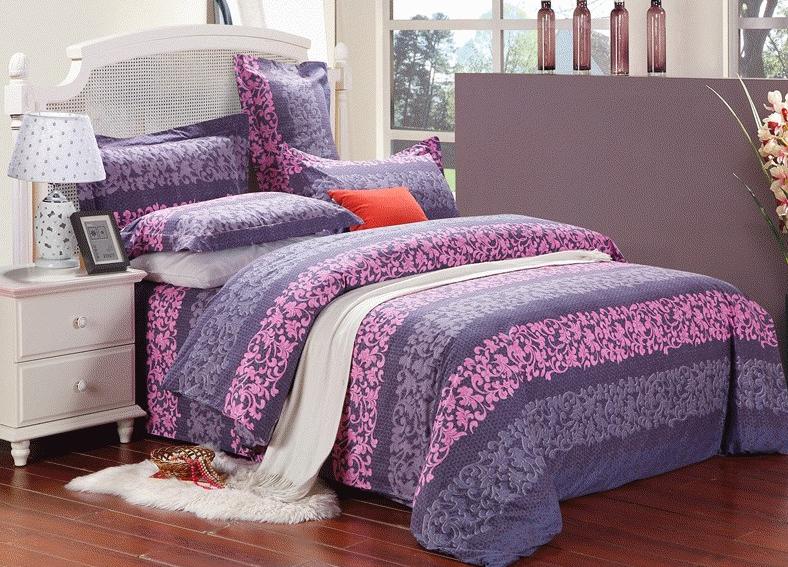Antibacterial Towels: Do They Really Work?
Antibacterial towels have become increasingly popular in recent years, promising to provide a higher level of hygiene and protection against bacteria and other pathogens. These towels, which are typically infused with antibacterial agents such as silver ions or triclosan, are marketed as a premium cleaning product that can help reduce the spread of infections and illness.However, the efficacy of antibacterial towels is not always clear. While some studies have shown that these towels can effectively reduce the number of bacteria on surfaces, other studies have questioned their effectiveness. Some experts also caution that overuse of antibacterial products may lead to the development of bacteria that are resistant to these agents, potentially reducing their effectiveness in the long run.Moreover, the use of antibacterial towels may not be necessary in all situations. Regular cleaning with soap and water can be just as effective as using antibacterial products, particularly in low-risk environments such as homes. In fact, some research has suggested that antibacterial agents may not even be effective against all types of bacteria, calling into question the value of using these towels in certain scenarios.Therefore, while antibacterial towels may provide an added layer of protection in some cases, their true effectiveness remains somewhat controversial. It is important to consider the risks and benefits of using these products on a regular basis, particularly given the potential for bacterial resistance to develop over time.
With the rise of antibacterial products in recent years, antibacterial towels have become increasingly popular, claiming to offer a more hygienic and healthful alternative to traditional towels. But do they really live up to their name? In this article, we'll take a closer look at the science behind antibacterial towels and what you need to know before making a purchase.
What are antibacterial towels?
Antibacterial towels are designed to kill or prevent the growth of bacteria, offering a more effective means of staying clean and preventing infections. These towels are usually made from a range of materials, including cotton, bamboo, and microfiber, and come in a variety of colors and styles.

How do antibacterial towels work?
Antibacterial towels work through the use of antimicrobial agents, which are added to the fabric during manufacturing. These agents release atoms or molecules that actively seek out and attach to bacteria, either destroying them or preventing them from reproducing. This process effectively kills bacteria on contact, reducing the risk of infections and illness.
Are antibacterial towels effective?
The effectiveness of antibacterial towels depends on several factors, including the type of bacteria, the material the towel is made from, and how the towel is used and cared for. In general, antibacterial towels have been found to be highly effective at killing or preventing the growth of a wide range of bacteria, including E. coli, Staphylococcus aureus (MRSA), and Salmonella. However, it's important to note that antibacterial towels are not a one-stop solution for all hygiene problems. They should be used in conjunction with good handwashing techniques and other hygiene practices.
What are the benefits of using antibacterial towels?
There are several benefits to using antibacterial towels, including:
1、Reduced risk of infections: By killing bacteria on contact, antibacterial towels help reduce the risk of infections and illnesses, particularly for people with weakened immune systems or open wounds.
2、Convenience: Antibacterial towels are convenient for carrying around, as they require no special care or storage. They're also easy to use, with many coming equipped with hanging loops for easy storage.
3、Environmental friendliness: Antibacterial towels are often made from sustainable materials, such as bamboo or organic cotton, which are better for the environment than synthetic materials. Additionally, using antibacterial towels can reduce the need for antibiotics and other medications, further reducing the environmental impact of healthcare.
4、Cost-effectiveness: While antibacterial towels may have a higher upfront cost than traditional towels, their long-term use can save money by reducing the need for expensive medical treatments and medications. Additionally, their durable construction means they last longer, providing a higher return on investment.
What are the drawbacks of antibacterial towels?

While antibacterial towels offer significant benefits, there are also some potential drawbacks to consider:
1、Safety concerns: Some of the chemicals used in antibacterial towels may be harmful if swallowed or inhaled, although this is unlikely when used as intended. It's important to follow the manufacturer's instructions and keep the towels out of reach of children and pets.
2、Limited effectiveness: As mentioned earlier, antibacterial towels are not a one-stop solution for all hygiene problems. They should be used in conjunction with other hygiene practices, such as handwashing, to maximize their effectiveness.
3、Environmental impact: While antibacterial towels are often made from sustainable materials, their production and shipping still have an environmental impact. It's important to consider this when purchasing products, especially if you plan on using them extensively.
How do I choose an antibacterial towel?
When choosing an antibacterial towel, there are several factors to consider:
1、Material: Look for a towel made from a sustainable material such as bamboo or organic cotton. These materials are better for the environment and also tend to be more effective at killing bacteria.
2、Size and shape: Choose a towel that's the right size and shape for your needs. For example, if you're looking for a towel to carry around while traveling, look for a smaller, lightweight option. If you need a towel for home use, something larger and more absorbent may be better suited.
3、Color and pattern: Choose a color and pattern that matches your personal preference and style. While this may not affect the performance of the towel directly, it can certainly add to its overall appeal and usability.
4、Certification and testing: Look for a towel that has been certified by a reputable agency such as the Environmental Protection Agency (EPA) or has undergone independent testing to ensure its efficacy and safety. This will give you peace of mind knowing that you're purchasing a product that meets certain standards of quality and performance.
Articles related to the knowledge points of this article:
Zips on Jackets: A Closer Look
Title: The Art of Tie-ing a Sun-protective Face Scarf for Safe and Stylish Outdoor Adventures
The Best Winter Coat: A Guide to Staying Warm and Stylish
Feathered coats: The rise of a winter wardrobe staple
Plastic celebrities: From down jackets to designer brands - Yang Mis style evolution



